|
We hit the jackpot. My mom loved Christmas. Our house was a bonanza of homemade decorations. Angels made from foil wrapped Galliano bottles. Remember when people drank it with orange juice? I knew how to make a Harvey Wallbanger by age eight. Blech! Gail made candles in milk cartons. They looked like a block of Swiss cheese spray painted gold in a cold garage. At some point, holiday tunes from Liberace or Ferrante & Teicher would be spinning on the stereo. The presents under the tree had heavy ‘70s holiday vibes — wrapped in coordinating colours and patterns. My mom dropped serious cash at the Hallmark store. She went the distance for all of us. I asked her recently how she and my dad worked it out between them about what to get us. She said, “I shopped, and he didn’t put limits on it.” My dad was a good union guy. Chuck made my Chrissy doll dreams come true. In my family, the real party began after the midnight endurance fest. An hours-long showboat event with men in flash robes swinging a thurible of incense, smoking like a bong. We paid good money all year for this pageant. Eight-year-old me sucking back a lungful of frankincense. The wretched cloud you had to pass through to get food and presents — the catholic way. I’ve got a photo of us kids, including my cousins and an uncle, doing crazy things. It’s a brilliant snapshot with a Christmas tree in the background. It oozes fun. That’s why I keep it for myself. Private. *** I’m in Alberta with my mom for the holidays. We’re doing road trips to visit historic grain elevators. *** The Sly & The Family Stone song was on the charts in December 1971, the Christmas when I was eight, almost nine. There are infinite iterations of what family means. I hope you’re with your best people. And if you’re alone, I’ve been there too. Be good to yourself. You are worth it. 19711969There’s nothing like being with people who’ve made something of their own from scratch. Looking at the world through the eyes of a cheese, bread, wine, cabinet maker, potter, or painter. Understanding their unique expression of care and attention. Sometimes there’s generational history — a maturing of craft over time. The passion is personal and what they make is nourishing and soulful. I’m grateful to have had that experience more than once including on a private group tour of Bernachon in Lyon. I’d pressed gently for its inclusion in a program. We were greeted in the shop by Mme Bocuse-Bernachon who was a vision of French elegance. For me her welcome was a surprise and an honour. Then we went into the production space behind the shop and with no sense of hurry they showed us their métier. There was a fearless transparency. They were confident that beyond the process was the finger print of the maker. The myriad decisions that gave the chocolate its enduring character. It felt like an atelier. A place of mastery and grand tradition. Seductions were everywhere — the scent of cocoa beans roasting, the natural light from the back windows facing on to a quiet street, the women in pastel work dresses with kerchiefs over their hair, jars of fruit steeping in liqueur, stainless-steel two-pronged forks deftly dipping into basins of tempered chocolate, the velvet coating dripping off batons of orange peel. Being in their care was sublime. It was haute hospitality. My mind trips into the pleasures of that afternoon when I think of their Mendiant — the Cleopatra of fruit and nut bars. An embossed ribbon from a box of their chocolates is secreted in a cookbook on my shelf. *** Hands up if you are feeling vulnerable. I thought getting through the pandemic was hard. Then along came Fall 2023. I’m tired in new ways. I have a few weeks in big sky country on the western edge of the prairies — buttery sunshine and apricot jam sunsets. There will be parental love and care. And a reprieve from the early morning alarm. *** The extraordinary performance by Jacques Brel found me after midnight on Friday. I’d been searching for the music for most of the week. The writing had stalled. The song revived me — woke my heart up. It sent me down a Jacques Brel rabbit hole for a lovely few hours. Maysa Matarazzo’s version is another beautiful expression. Finding all the covers of this song is another rabbit hole. The story behind the song is heartbreaking. We all know this kind of loss. 19721966Can you spot my bias? I put the pile together without realizing it. All of them are by women. These are a few of the books that were on my bedside table in 2023. My cultural studies. Some I finished in one or two sittings, like No Meat Required, Fieldwork and Orwell's Roses. Others I took slow, like Doppelganger. I began it after October 7th, and it's brilliant, but there were days I could not face more about the madness in our world. *** There's an aura around a book — a space where external and internal conditions embrace. What I bring to the experience of reading. There are themes, times, and seasons. Think of the experience of reading at the cottage. Coffee and an hour of reading first thing in the morning is heaven. After waking my brain is clear and more absorbent. How often do I do that? Not enough by a lot. Reading is a refuge. It's also a measure of my attention. Here are a few of the books on my 'to read' list in 2024. Some are not new. Two I want to read back-to-back and search for connections. There's a book I loved from another time in my life. Buying even one book from a local store makes a difference. *** Nothing boosts my spirits like reading about orchards or flipping through a coffee table book on art, photography, or landscape. In a world of significant distractions, I hope you get time to read over the next few weeks. Not just for pleasure but to grow in understanding of the planet and appreciation for the experiences of people near and far. *** I've been working seasonally and am laid off in the third week of December. If you have a project that would suit me, I'd love to hear about it. *** This is a stunning 2021 remix of a song that in 1984 was playing everywhere. The crowds are fabulous. So many beautiful young people. "The song takes the pain of rejection and makes it danceable." TimeOut 1984/2021Dear Toronto Public Library: I'm that woman who puts all kinds of books on hold and forgets to pick some of them up. Sorry. Also, I like paying your fines. Charge me double. And as hard as I try, I sometimes can't read a brand-new book in three weeks. Apologies to whoever had to wait for Ann Patchett's Tom Lake. I know what you're thinking, 'that was not a big book.' September was busy in my world. Again, this is an opportunity to extract more cash from me. I'm down for it. I heard your system's been hacked. And it won’t be back up and running until sometime in the early new year. I'm sending you all the good vibes. When you recover, I'll be in the great race to greet you. This week, my mom's computer and phone were hacked for the second time. Last year was scary. We learned some hard lessons together and at a distance. Thankfully, this time it was minor. I get mad when people and institutions I love are attacked by brutal cyber criminals. I hope soon we'll get serious about dealing with the sinister individuals behind it. Doing hard time should be the cost for targeting seniors, the vulnerable, and institutions that serve the public good. One thing I can't get down with is an attack on knowledge. We are up to our necks in that these days. Stupid is not cool. My mom lives outside of Calgary, and every week, a volunteer from the library brings a stack of new books to her senior's residence. They call her on Thursday and come around on Friday. It makes my heart light up. We talk about what she's reading often — what a pleasure. She's only discovered reading in the last couple of years and is in hot pursuit of lost time. We did a daytrip to Calgary in 2018 with a few of her friends to see the new library. Is there a more gorgeous building in all of Canada right now? The spirit of the city is in it. Snøhetta was an imaginative and bold choice for architects. If there was a Michelin Guide for libraries, it would be three stars. It's a destination. I hope to return for a visit at the end of this month. If I sound jealous, remember I live near the Toronto Reference Library. An exquisite public space. A cathedral of democracy. Working in it is a dream. Raymond Moriyama was the local architect. He passed this year and left a beautiful legacy in this city, country, and far beyond. Watching this TVO documentary of his life is an hour well spent. "I must instill the idea of using architecture to express a potential hope for all of us," Moriyama said. Some would like to see libraries torn down. At heart, that's what a hack is. The same goes for municipal budget cuts. Politicians and their sycophants throw up barriers to prevent the spread of knowledge. Hire hackers. Stupid is cool to a few. *** There's great need everywhere (including at home) during this holiday season. But if you can give a local library is an excellent choice. More dollars can go some way to increase online security. Our collective intelligence, a repository for culture, needs protecting. *** December is the month when I light candles on my desk at dusk. I keep the blinds up after dark to watch the car lights snake along Bloor St. during rush hour. I've visited Lyon, France, several times and have a dream that one day, I will be there for the Fêtes des lumières in December. Also, to taste Reynon’s magnificent pâté en croûte, l’Oreiller de la belle Aurore. When we turn toward the sun again on December 21st, it's a day for celebration. *** The honey voice of Roy Orbison. I've been dancing in my kitchen to this song. Music, like reading, is a refuge. It engages my imagination. Makes me feel things. Mostly alive. 1963I knew what I was giving up with alcohol. I had a fabulous education in wine. And I liked getting drunk. Growing up in Niagara, I knew grapes as the delicious fruit bought at the Saturday morning market in Welland or Hamilton. Then, it was mostly Italians growing them for wine. Good earth and lush green vines under a cornmeal-yellow sun. I was taught wine tasting by Billy Munnelly at the Stratford Chefs School. It's hard to express how much I learned. Fuck. Like a fantastic Irish conversationalist, he talked to us about the grape and gave us a thirst to imagine the relationship with food. It left an imprint on me. Giving up drink was an acute loss. It felt like a funeral. Initially, I thought I might have to say goodbye to cooking and restaurants. I cried so hard with my addiction counsellor about that. Who was I without those things? From a very early stage in recovery, I did things that would get me serious side eye in some circles. I took the suggestion to make the experience my own seriously. I had to learn how to do restaurants all over again. People in Stratford taught me that glassware was important. I could drink sparkling water out of crystal wine glasses. What a gift. I needed the lesson to feel comfortable eating out. Then, I had some exceptional experiences in Europe. I went to places where care was taken with non-drinkers. At Aubergine on Royal Hospital Road in London, I met the standard bearer of grace, Jean-Philippe. He gave me a sense of belonging and to this day remains the high-water mark. (At the time, Gordon was in the kitchen and ranting in the media about not hiring women.) I can't remember when I decided I could smell wine. Again, I think it was sitting in the aroma cloud hanging over a restaurant table. Watching the amorphous shapes of red wine through glass dance on a white tablecloth — in the afterglow of dinner. A deep seduction. Now I ask for THE glass with a puddle of wine in it. On a rare occasion, I've needed a spittoon. A lot of the industry in North America couldn't figure out what to make of me in the '90s. I was an impossible problem to some. You can't imagine the mountain of scuffed Libby water glasses I've had to drink from in beautiful restaurants. Do not put one down in front of me now. In 2000, I was offered a champagne flute of fresh squeezed blood orange juice and sparkling water instead of Prosecco at a River Cafe send-off. Soon after, in restaurants, I began asking for something nice before dinner that wasn't a Shirley Temple or cranberry and soda and still getting blank stares from waiters. Sell me something, please. Isn't that why I'm here? The problem was never my not drinking alcohol. It was a commercial defect of character in restaurateurs and chefs. An absence of business imagination that was costly mostly because of how long it went on. The choice of beverages now thrills me. My favourites include local kombucha. There are curated alcohol-free tastings and superb non-alcoholic beer and wines. What a relief the whole thing has caught on. It's such a pleasure knowing other sober restaurant people. I felt lonely for the longest time. I make a boozy fruitcake at Christmas. Some summers, I make Rumtopf. I enjoy both without apology. I would run a mile with knee replacements for Baba au Rhum from Edulis or Abel in Lyon. You get the idea. So many things I couldn't admit for a long time. Does that annul my membership of almost three decades? Does how I live mean I need to return all my chips? This is what I'm trying to discern. I want to be myself. But do I still qualify? *** Today: Jay sent me this wonderful video of Stephen Fry reading a letter written by Nick Cave. "Even though the creative act requires considerable effort, you will be contributing to the vast network of love that supports human existence." Alyssa sent me a video text of Halo-Halo from a new Phillipino restaurant in the East End. My people get me. *** This song is poetry. Image credit: composite image, Blackbird Turdus merula isolated on a white background, © Shutterstock. 1968Theo and I were driving regional roads heading to Hamilton from her home in Welland. I'm in my late teens. The car was a boat, had a long front end. I asked my uncle Peter last night what she drove. He told me my grandfather Harry — who didn't have a driver's license — liked being a passenger in a flash vehicle, "I recall Theo had this yellow Chrysler with a 383 cu in engine. Fucking thing just flew." I laughed hard reading his text. It's a gold-star image. Brought me right back. Theo behind the wheel of a car like a Newport, Fifth Generation, handkerchief scarf tied over her permed hair, and smoking a Peter Jackson. So, Theo and I are driving. It was around this time of year, November. There wasn't much snowcap on the fields in the Niagara peninsula. It's when she told me about loving trees in the winter even more than in summer — when they were leafless and skeletal. She talked about the shape of the trees we looked at out the front window. The winter landscape changed for me that day. *** I loved winter running in Stratford, on days when the sky was azure, and the sun bleached snow was soft serve white. Our breath made ice clouds — like comic book speech bubbles. Sweat turned to frost on our running clothes. *** Cake, again. A winter hobby. A good reason for a long walk. I made Christmas cake on Friday night. The fruit was macerating for a month — 775 grams of golden raisins, dried cherries, apricots, currants, mixed peel, and a shiver of candied ginger. My favourite combination. The recipe is from early Nigella. (There's a photo in the cookbook, Feast, of the only time I met her — in the early 2000s.) Fruitcake is a seasonal gift to myself. I love the recipe so much that I'm careful to not give too much away. There's a limit to my generosity. I'm not looking to change your mind if you don't like it. The dried fruit alone cost me $35 at Bulk Barn. One of the brilliant cooks I follow in England shared an Instagram photo last year of a slice of fruitcake served with an aged and crumbling farmhouse cheddar. Now I'm stuck on it. Dried fruit and sharp cheese are a happy marriage. I've never done the fondant icing. That doesn't mean I don't appreciate it. Fruitcake is a matter of preference. The baker's imprint is on it. (I also bought all the ingredients to re-make the almond cake. Stay tuned on Instagram next week for Part Two, where I redeem myself.) *** I'm trying to increase my satisfaction with small things. And spend more time outside noticing the shape of trees. A strategy for the holidays. **** I've played this song so often this week that it runs in my blood. I hope it brings you a heap of clotted cream pleasure. Oxford American showed me the way to Ethel Cain. After reading the bijou piece, look for the ballad, A House in Nebraska. "Listening feels like eavesdropping on a confession Ethel is only ready to tell herself." 2022My grandmother Theo's living room. Her stack of books and papers. Stories still to tell. But I need time away — a week or a month. I can't say. *** What comes first, the words or the song? 1975I'm a terrific cook and baker, and sometimes I fail. I want you to know that. In the kitchen, I'm gentle with myself — the antidote for all those years working in French restaurant kitchens. This photo was in my Instagram feed last week. I can't swipe past an almond cake. That right there is love to me. There was an occasion, and I made it one night after working all day and spending a few hours writing. I hit the kitchen at 9:00 p.m., which is a cool time if you don't wake up at 5:00 a.m. Conditions could have been better. It's an egg leavened cake. A delicate creature. Think soufflé. Almond flour and fine cornmeal give it structure. Honey adds sweetness. A tart lemon and rosemary syrup soaks into it after baking. It's a keeper cake. On day three, it's perfection — moist, dense, a Yo-Yo Ma of flavour. Baking international recipes calls for some MacGyver calculations. Just know that for an egg-leavened cake, if you have a different pan size, it's better to go slightly bigger. If it's smaller, the centre has trouble rising and will often sink. I turned my oven on to preheat. The big mistake is it was the upper element only. The cake is made without a hitch (having two bowls for my mixer is essential for beating egg whites alongside the batter). I put it in the oven and then sat down to read. Twenty minutes later, I smell something burning. I wonder who's having toast in the building. Then it dawns on me the smell is coming from my kitchen. When I open the oven door, the top is charcoal. The colour of a Basque cheesecake. I take it out, curse a little, and then in a few silly manoeuvres, cut off the top and return it — centre wobbling — to the oven. It works but is so far from perfect. In my mind, I hear Julia Child saying, "Never apologize." And I won't. Because I make nice plans, and sometimes they go sideways. I will bake the cake again under better conditions (I have to for Gourmet Traveller and Emma Knowles). Because it's a beauty even with all the problems. The flavour of the honey comes forward with sitting. I used almond flour with the skin on which alters the colour of the cake. This is a good recipe for American Thanksgiving. You can make it on Monday or Tuesday, and it's wonderful on Thursday evening with a big heap of thick cultured cream the colour of okra flowers, or a fat quenelle of boozy ice cream with a claret-hued slice of poached quince. For those who are curious, my favourite almond cake recipe is from Joyce Goldstein. She made it when she was a celebrity chef in residence at the Stratford Chefs School. I went on to make it for bistro menus at the school during the Christmas season. There's marzipan in the batter, and that's never a bad thing. *** Cake is a measure of my mental health. Baking is a way I protect it. I am not alone. It's also good for friendships. Right now that's important, again on the well-being front. Connecting with others in an upside down world seems vital. My heart is breaking. The loss piles up in numbers that are unimaginable. A big part of our world's future. A generation or more. Rudimentary news knowledge, has me nervous. I've asked Google war-related questions in the last week. Crisis tumbles into crisis. Lies roll on to lies. So I'm night baking. At home. Aware of my privilege. *** There are artists who leave us before we are ready. We experience cultural loss, even though some leave us with much. I would have liked to see Matthew Perry get old. And Whitney Houston. The golden imprint of her voice. Imagine being in that audience. The quiet way she starts and then looses herself to it. Her range was impeccable. 1983Looking at this julienne on Wednesday morning, my first thought was, 'Joel Robuchon would kick my ass all the way back to Canada.' The idea made me smile. Remember Jamin? *sigh* Probably in 2023, Joel Robuchon has a posh school in France that would charge me tens of thousands of dollars to learn to cut julienne his way. Wonder what it costs to do a stage in one of his restaurants? “Qu’est-ce que c’est?” When I worked in France, the executive chef said that when presented with anything below standard. The tone was incredulous, like he was being presented with a lunar rock. You could tell how far off course you were if you could see his tonsils. Humble pie is super tasty. One of the joys of still standing in front of a cutting board is knowing I fell for the right profession. I still love chopping. Don't get me started on mis en place. Knife skills are the first and last lesson. *** I'm writing a novel. The process is interesting. I've had a lot of advice from writers and have a small group of readers. One Canadian writer told me to write the first draft through to the end with little editing. That's Haruki Murakami's practice. The only problem is it doesn't suit me right now. Another suggested I write a chapter as close to complete as possible. That's been golden. It got me thinking about character depth, the subtle ways it's expressed, the relationship between characters, and the world around them, including nature. The advice was freeing. It's still a first draft. And it's also a fleshed-out chapter. There's a second chapter almost there and a third needing some work. It's barely a start. And it's real progress, given I work full-time. The writing is still young and a bit stiff. I know from working with pro-editors that it will loosen up and become more of what it should be in time. I feel like I'm still finding my voice. The way is full of surprises. I'll spend a two or three-hour period writing. And when I am away, things surface. I add highlighted notes to Scrivener, put them in my Notes app on my phone or record voice memos if I'm on the move or at work. The story is always with me. And time away is productive. I've also been laying the foundation simultaneously. The structure is evolving — there are character sketches, chapter outlines, and a couple of years' worth of research starting during the pandemic. It needs more underpainting. I learn new things about the process all the time. This week, I began tracking food for continuity's sake. There's a fair bit of cooking, which must make chronological sense. I sometimes fantasize about having 12 to 24 months to devote to this in an MFA program. When I studied at the Humber School for Writers, most of my peers had novels in progress. I studied creative writing purposefully. This feels natural. I'm here for a reason. I also fantasize about hiring a coach to help with organization, tracking progress, setting goals, and projecting milestones. But none of that is possible right now. And for many writers and artists since time immemorial, it's not a prerequisite for creating. What I do have is a circle of support. The work is simultaneously engaging and unnerving. Making something from scratch is nourishing. It's a cocktail of hope and insecurity. I have dreams. Are they outrageous? Would a man ask that? What becomes of it is not my concern today. Pressing on is. *** I saw two stories this week about artists and their creative process that spoke to me. This on printmaker Jacob Samuel (watch the video). And this short reel of the late painter, Pierre Soulages. *** I went to a wedding last night. Barely took a photo. I had a good time. Caught up with people, including a few from my years at Rundles. Musically I had something lined up and then I heard this Greg Allman song and it fit the day and the mood. A musician of tremendous depth. 1974I went for a walk last night with a friend. We processed some of the global events of the week. She said to me, ‘what is obvious, again, is that humanity is a thin veneer.’ The next morning, on the subway train to work at 6:15 a.m., two men were arguing at the other end of the car. I couldn’t get the gist of it from a distance, but it sounded crazy. It was distressing to hear and made me tense. I was on alert for signs of escalation. Then, a young mother and her little boy got on at a stop and sat down opposite me. He was six or seven and flashing a big toothless grin — all his top front teeth were missing. His legs were dangling just above the floor. He was happy. They both were. They got off at Spadina station. I imagined them going to the Jewish Community Centre for a morning swim in the saltwater pool. Maybe she was passing along the habit of caring for the physical body to her son. Humanity was right in front of me. What I focus on is a choice. And a privilege. *** If you’ve worked in restaurant kitchens for any time, you know people who have fled war. In Toronto, brilliant career dishwashers came to the city from Sri Lanka in the mid to late eighties as part of a great wave. Generations of people — mothers, sisters, brothers, fathers, grandfathers, daughters, sons — fleeing a brutal civil war at home. I work with two men who came during that period. They are the backbone of the team. In many restaurant kitchens right now, there’s a person who knows war first-hand or has family living in a warring country — Ukraine leaps to mind. I’ve heard stories of war. A few told by children. Many people live through unthinkable hardship. Our privilege is being sheltered from those horrors. *** Walking and talking about life’s important stuff with a friend is good for my spirit. A perfect French croissant and a cortado are too. *** I looked for music to calm my anxious heart. 1998 |
Archives
July 2024
© Deborah Reid, 2021 - 2024. All Rights Reserved. Categories |
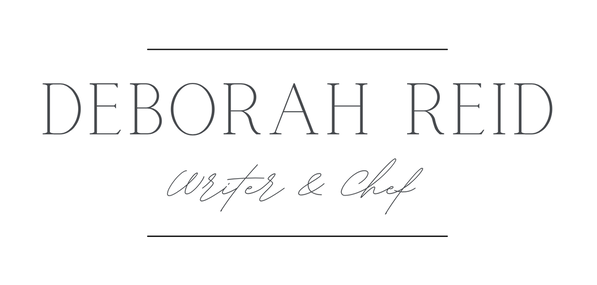

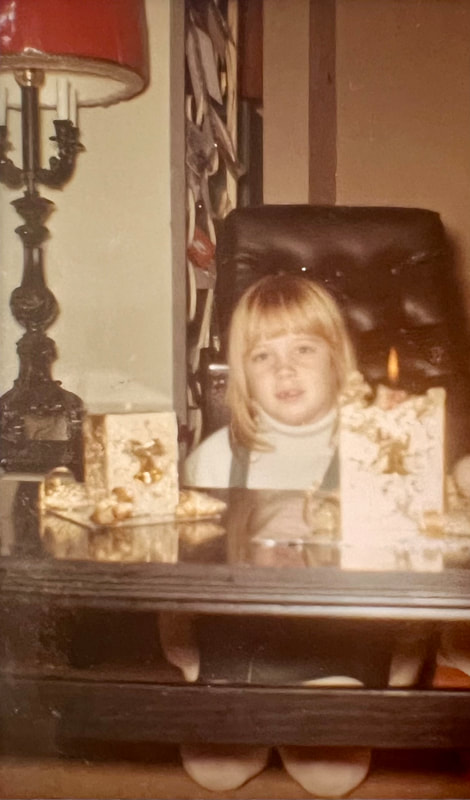
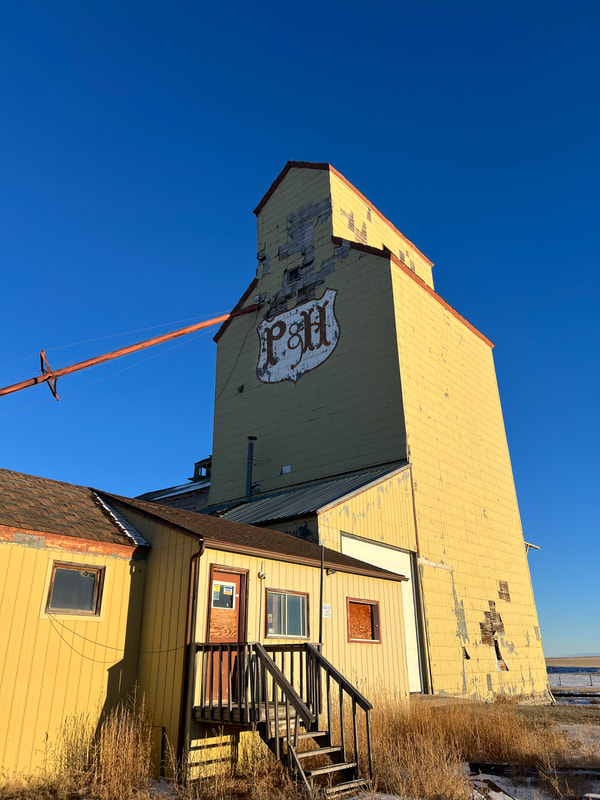
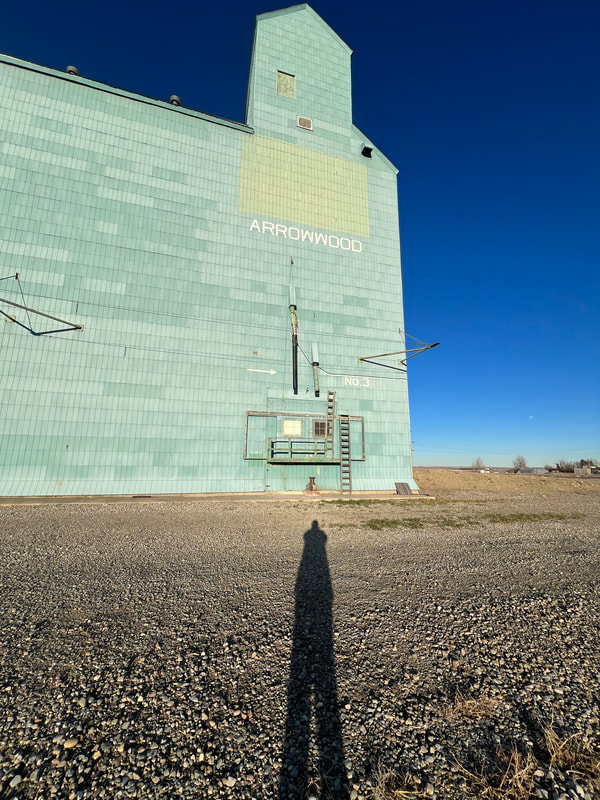
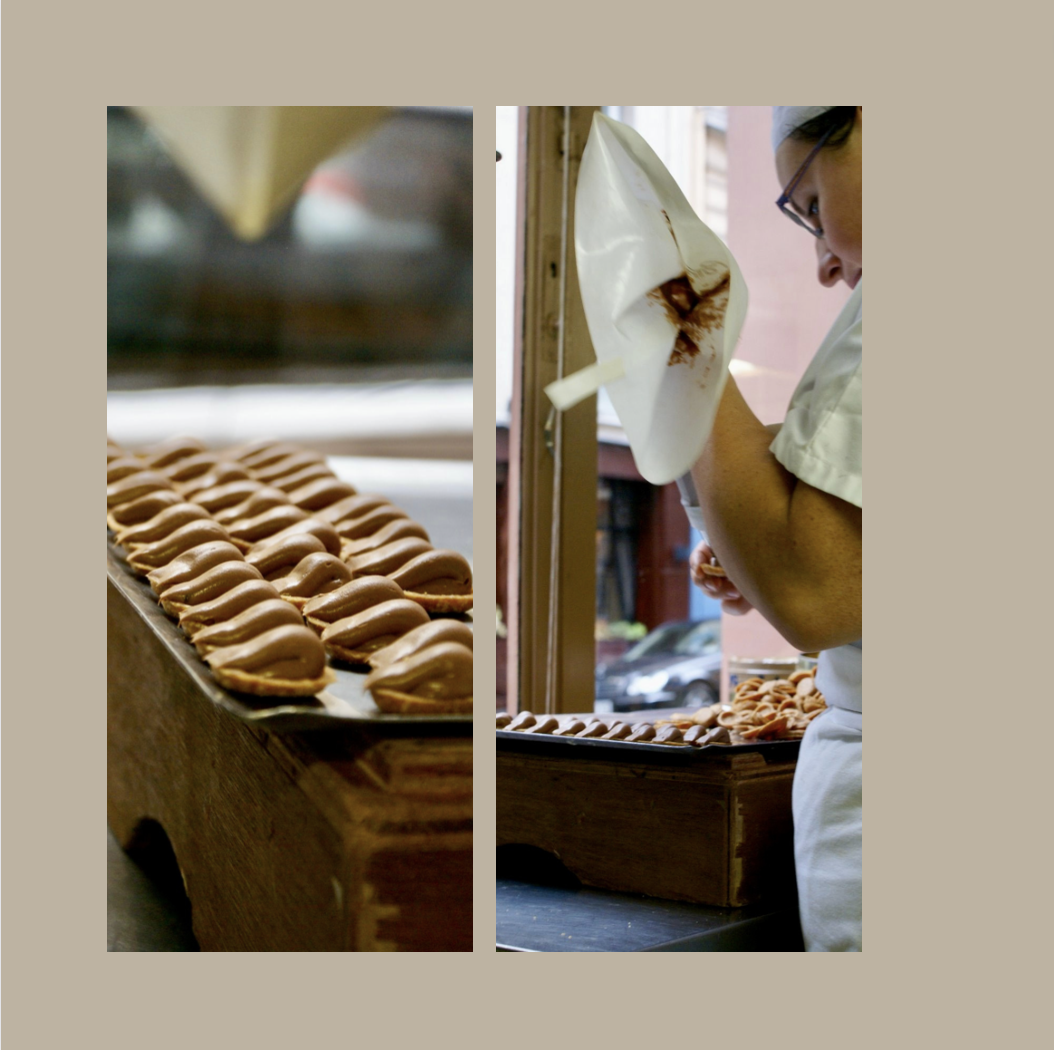
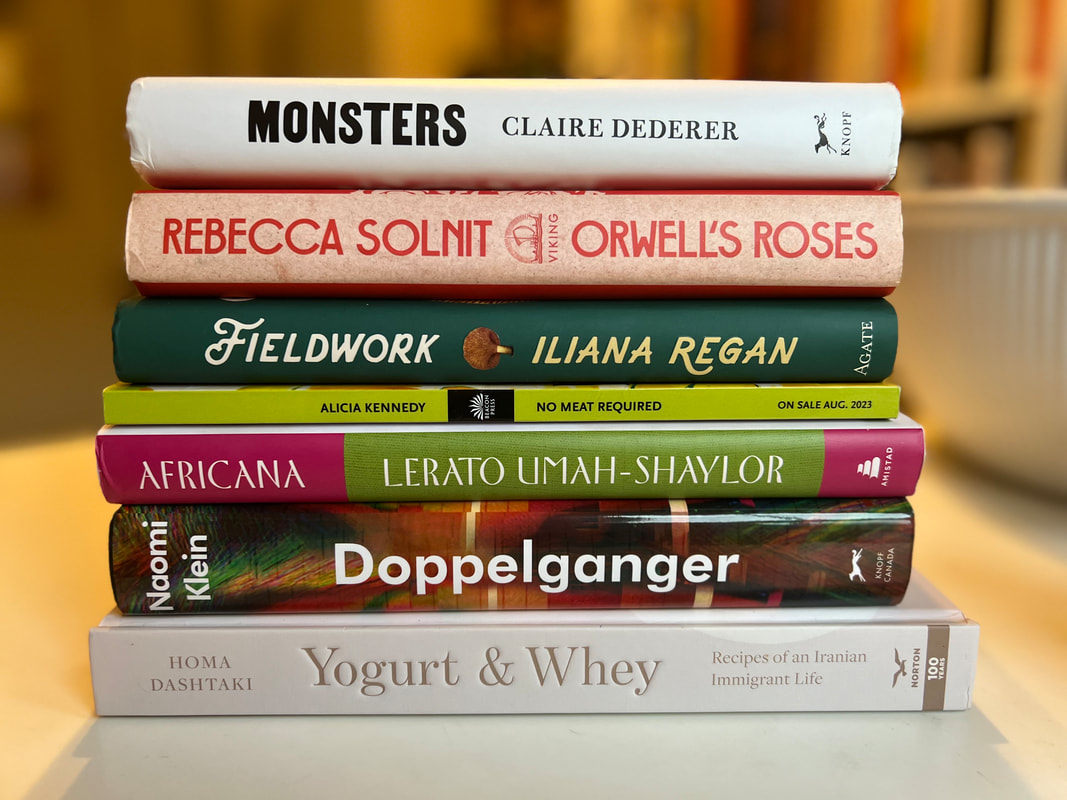
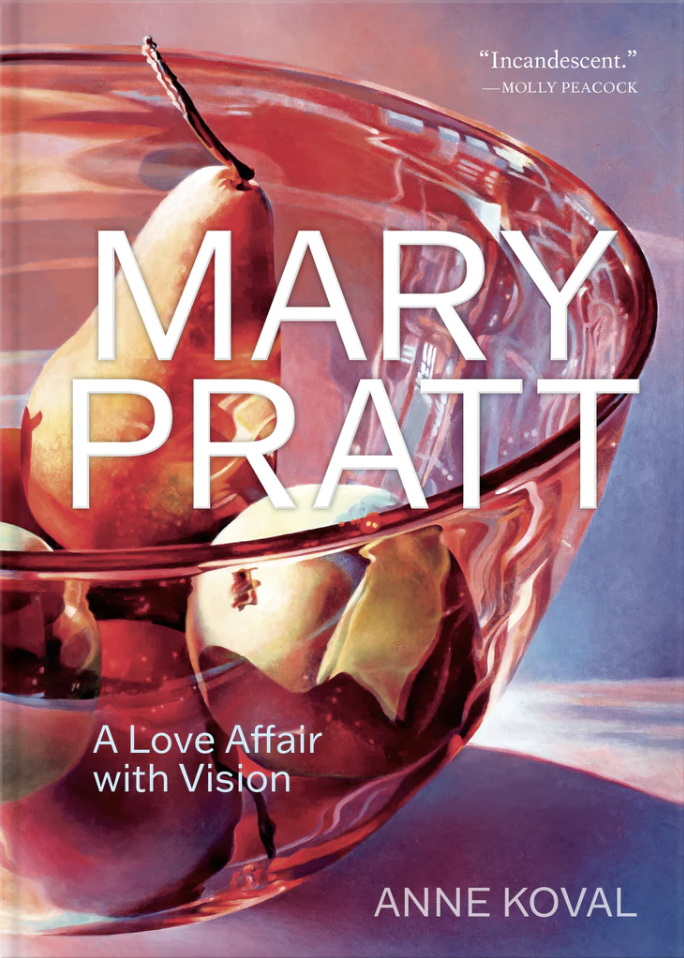
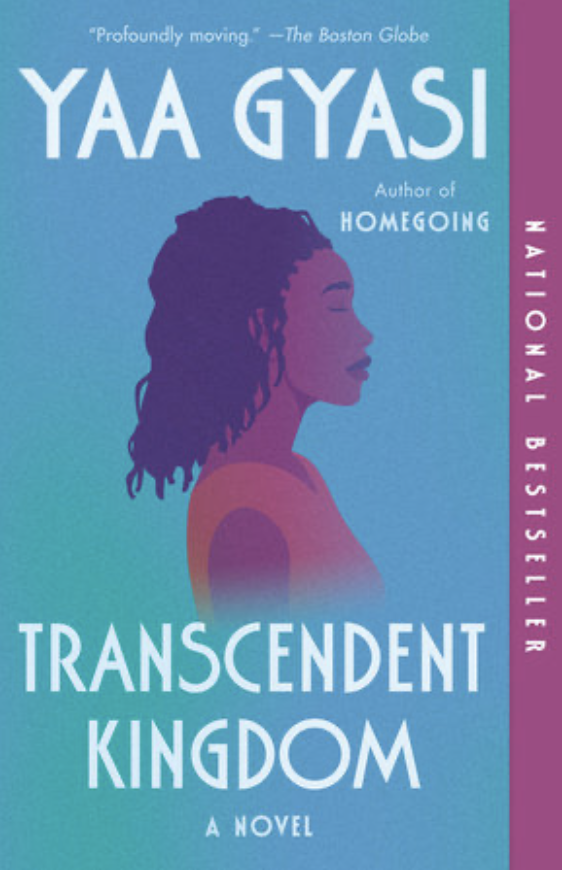
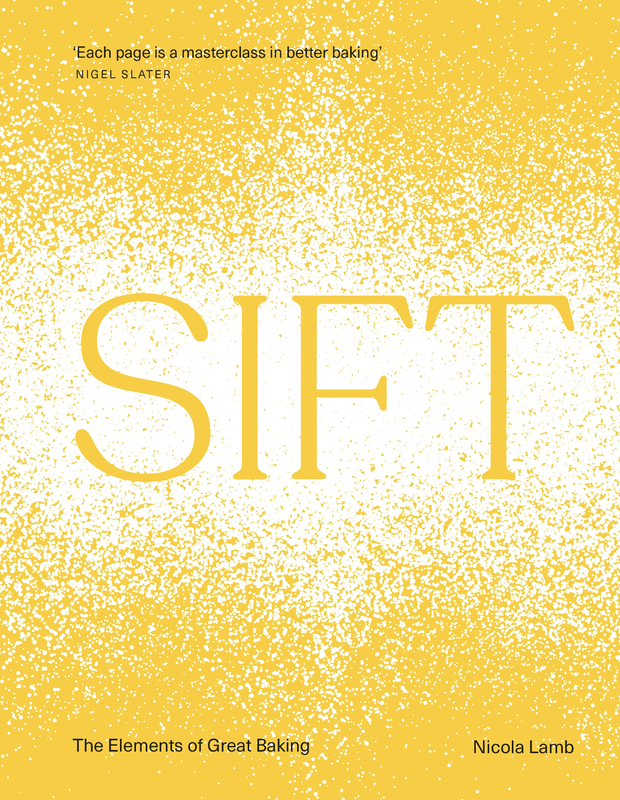
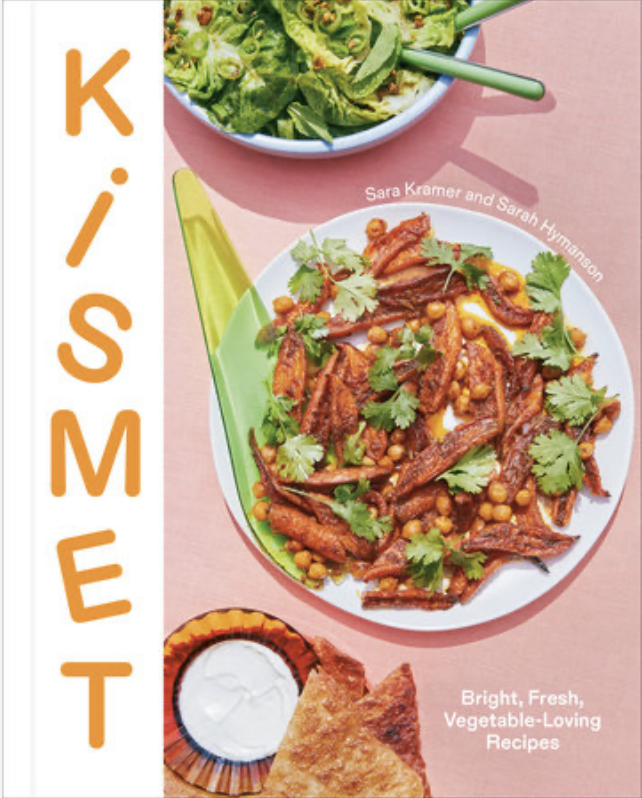
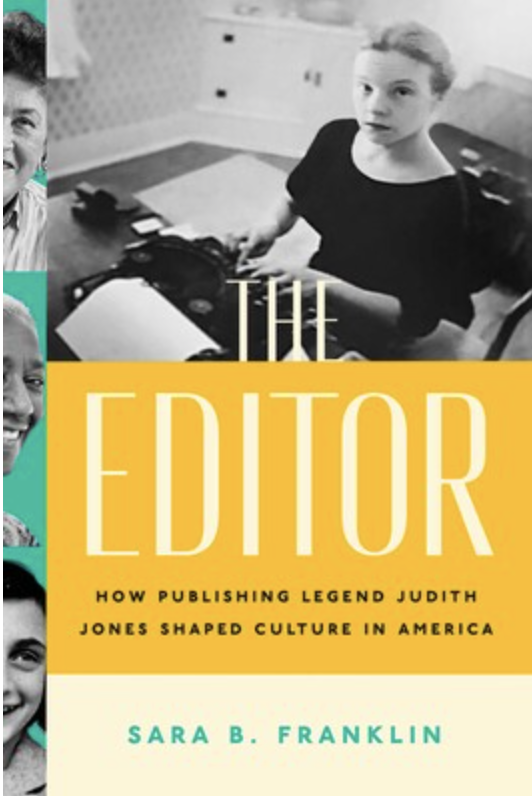
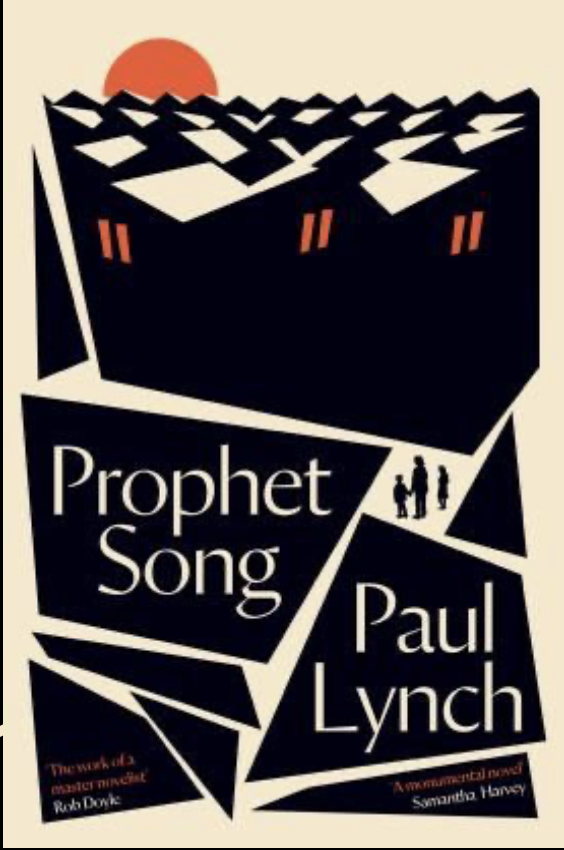
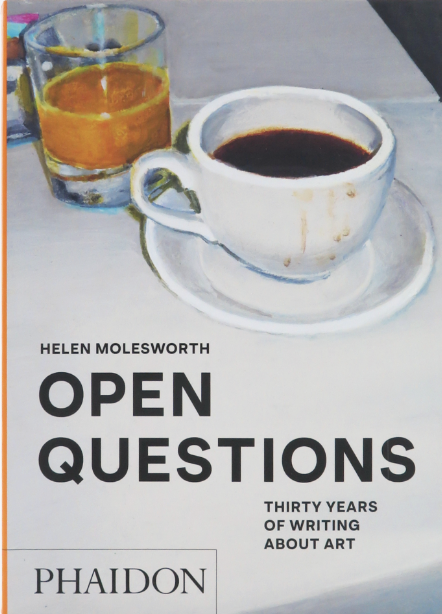
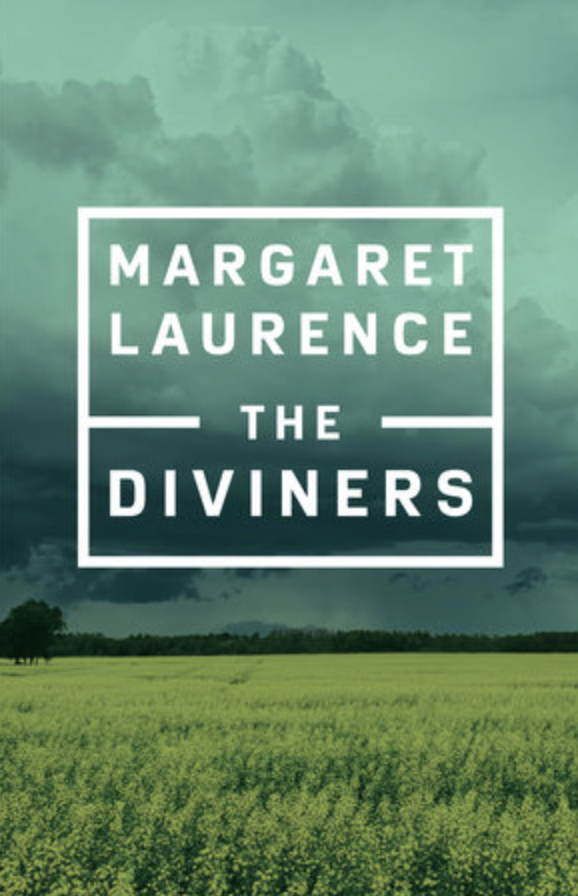
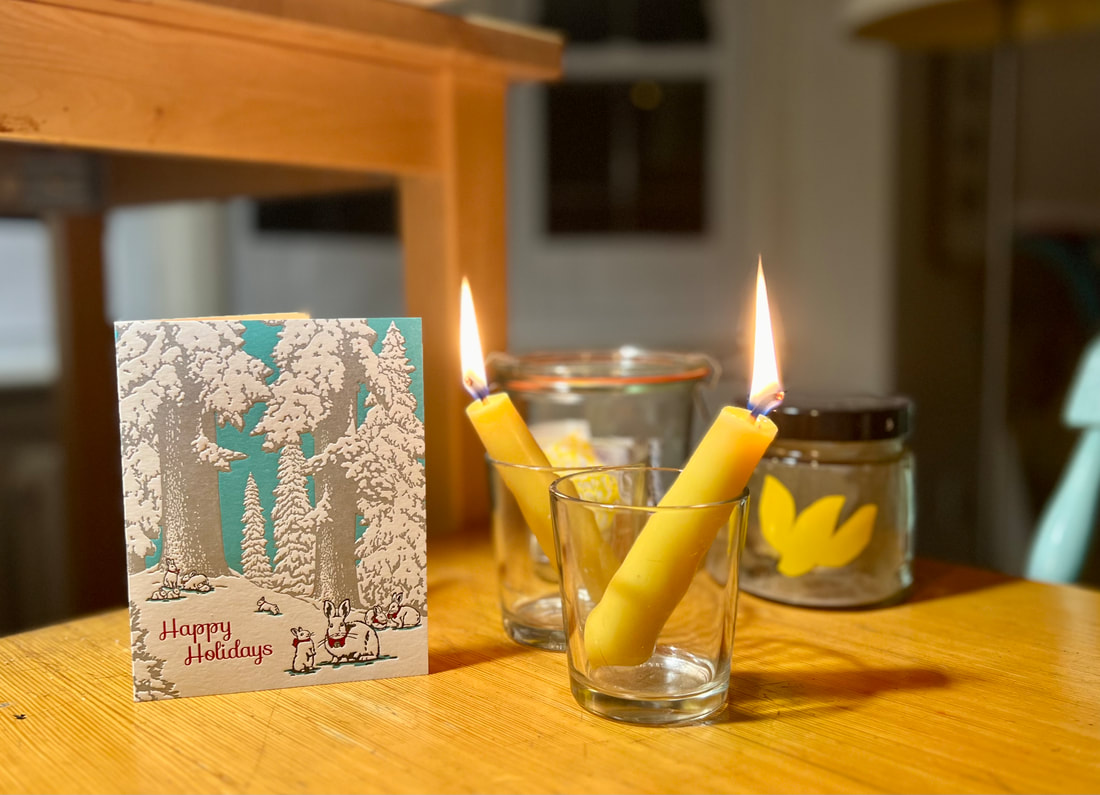


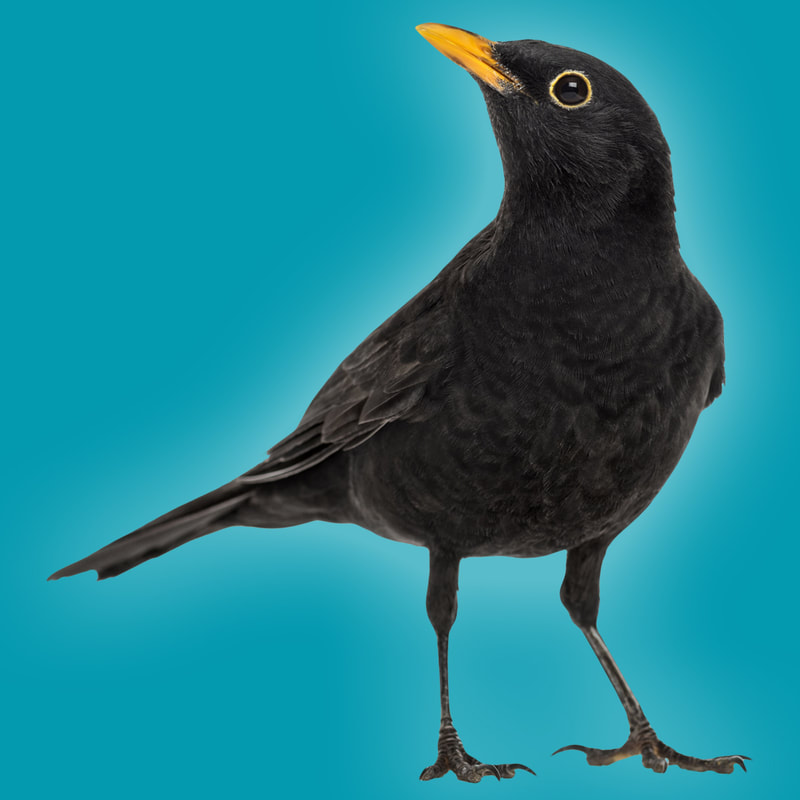
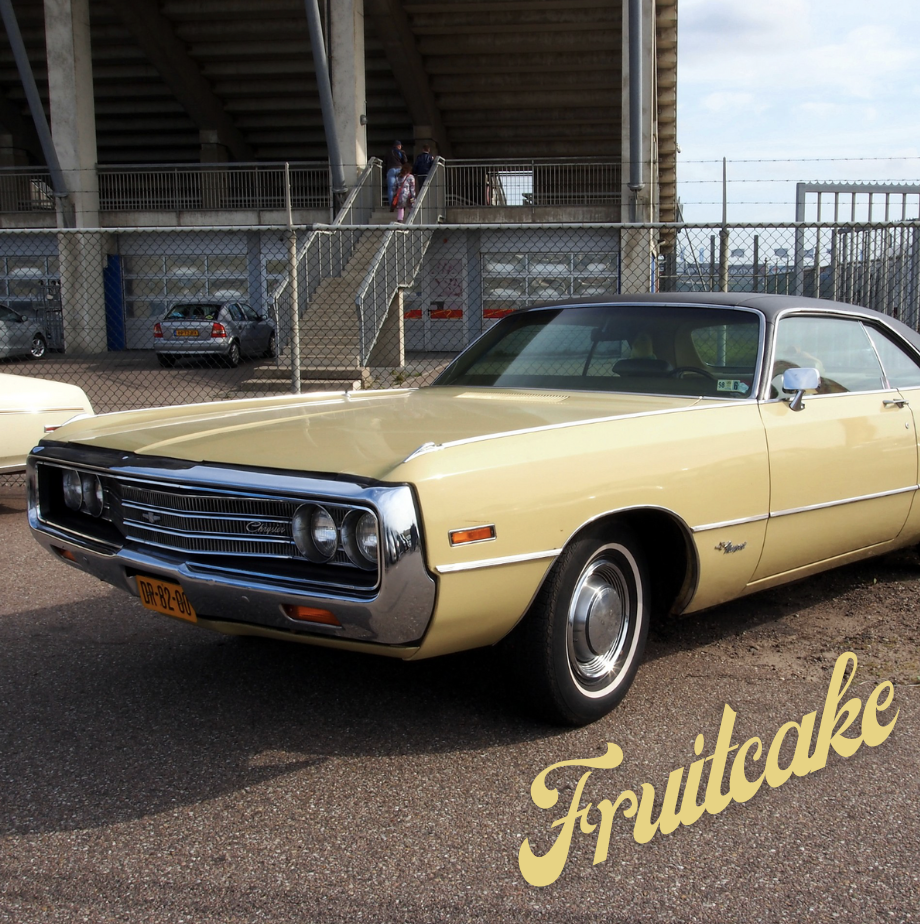
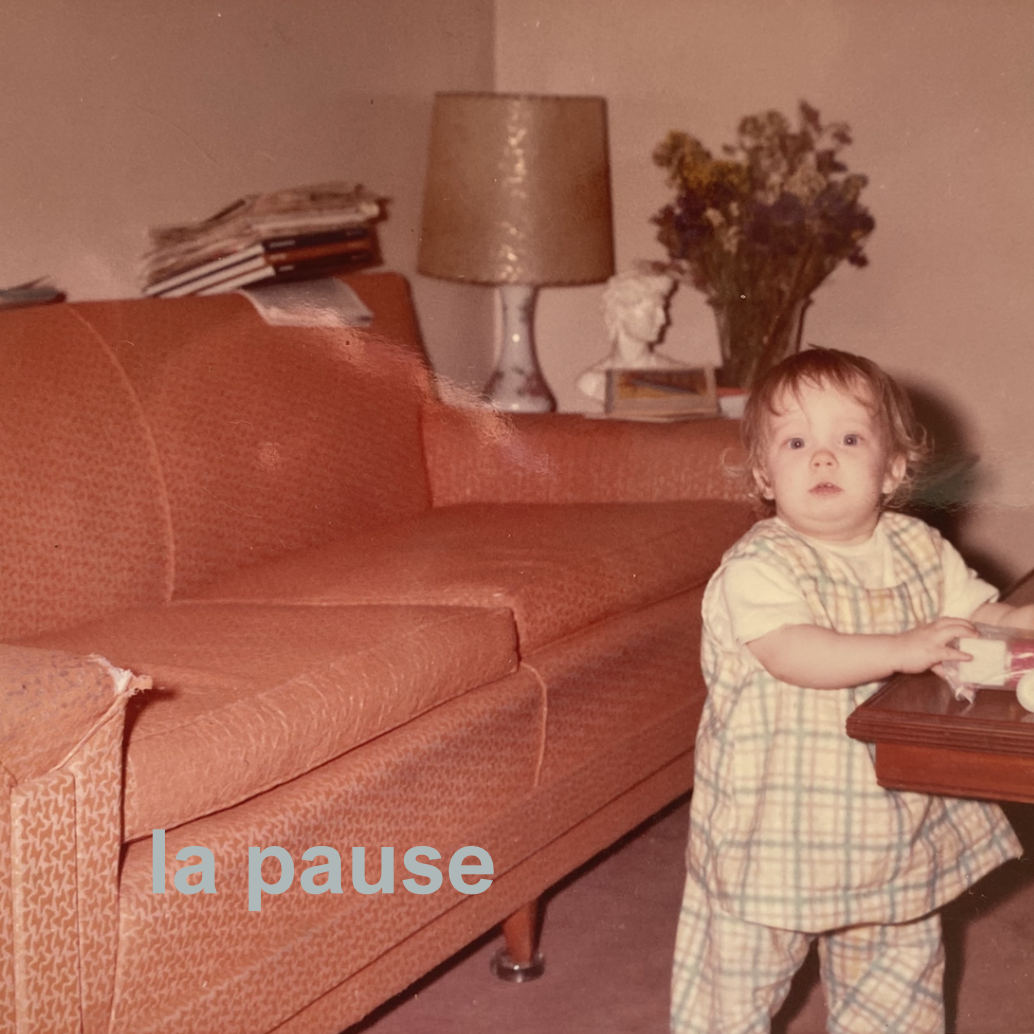
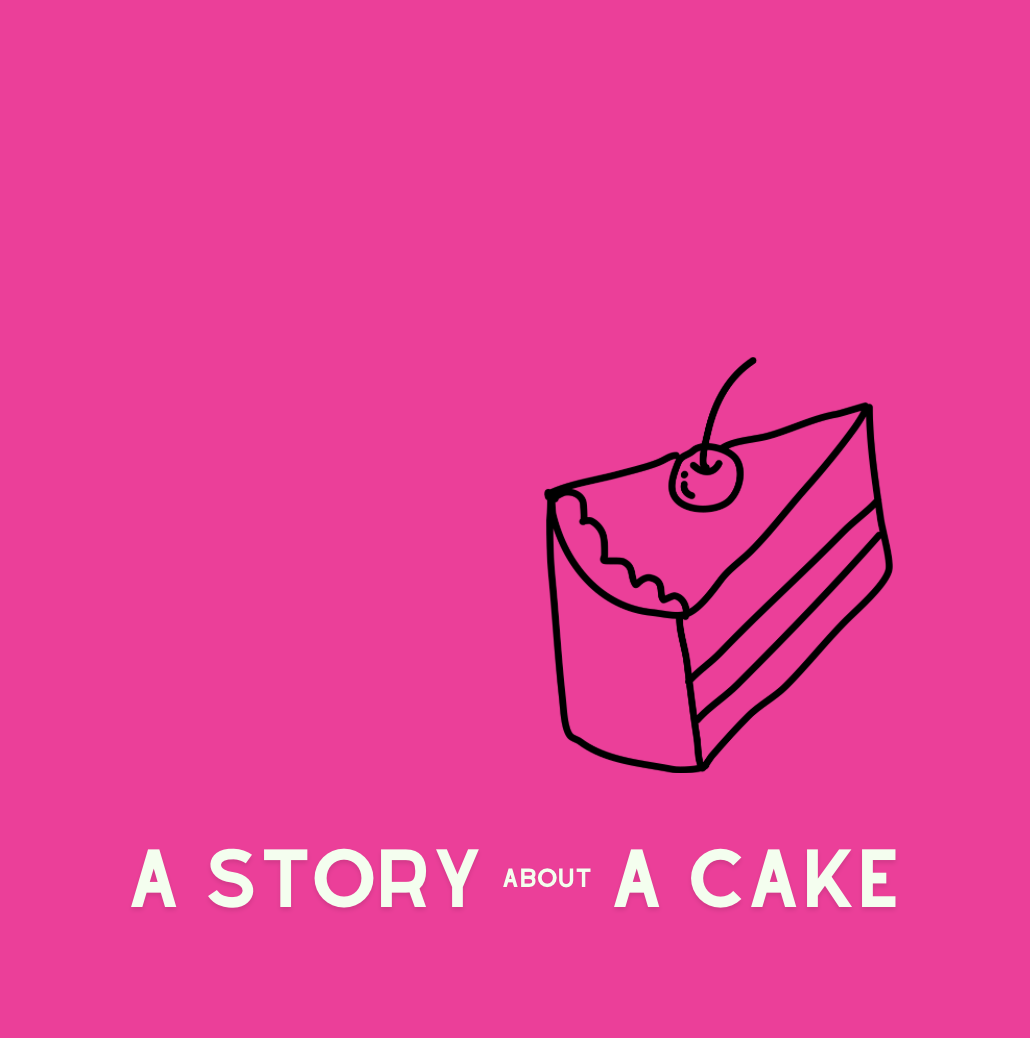
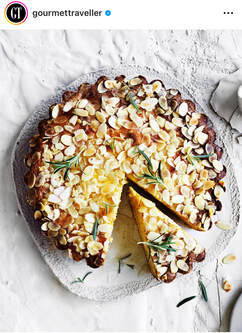
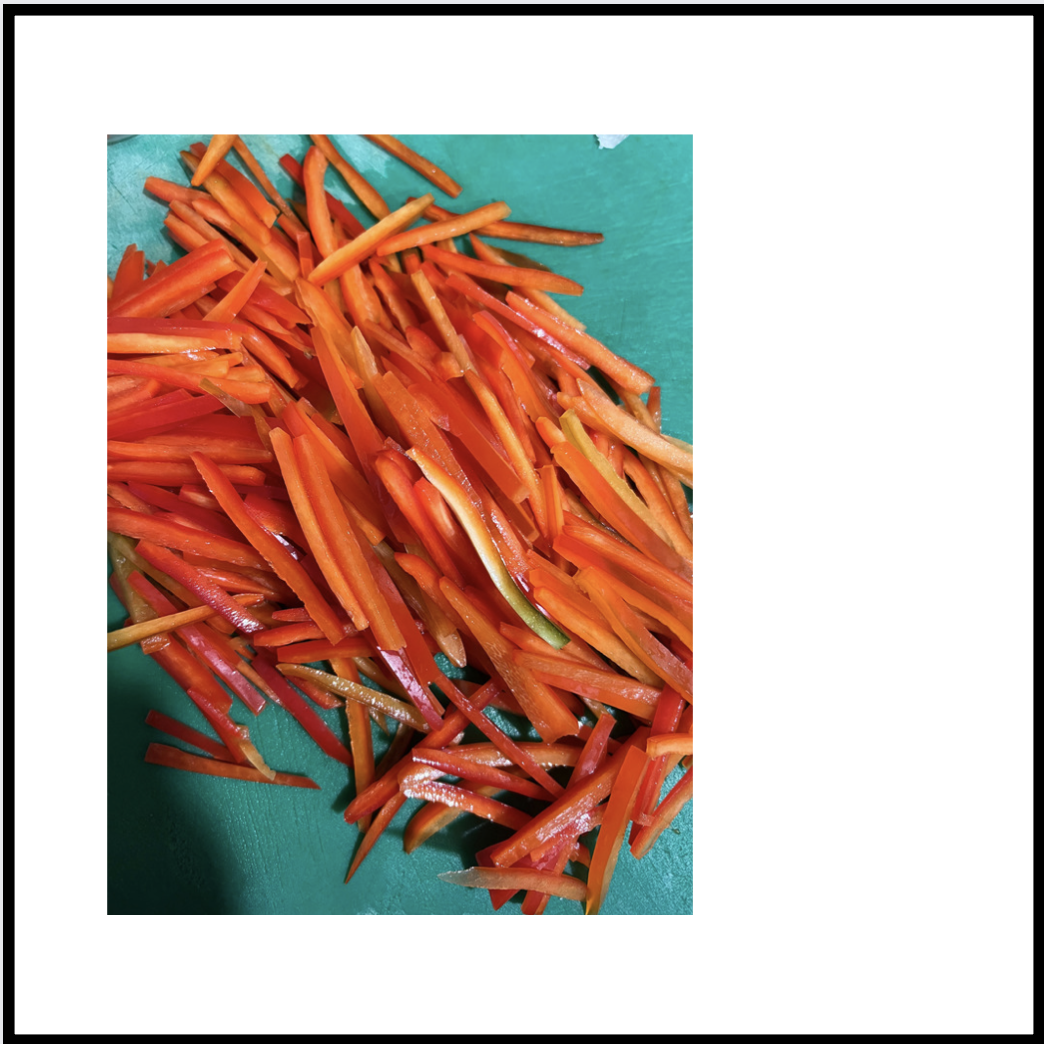
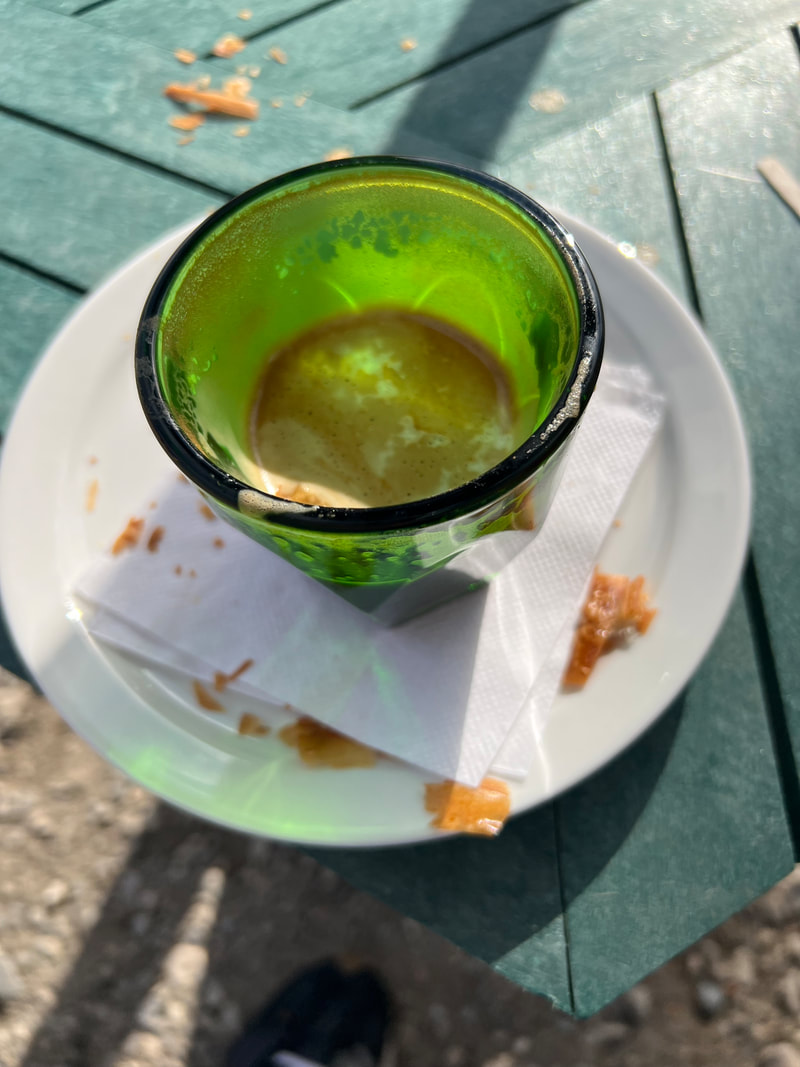
 RSS Feed
RSS Feed